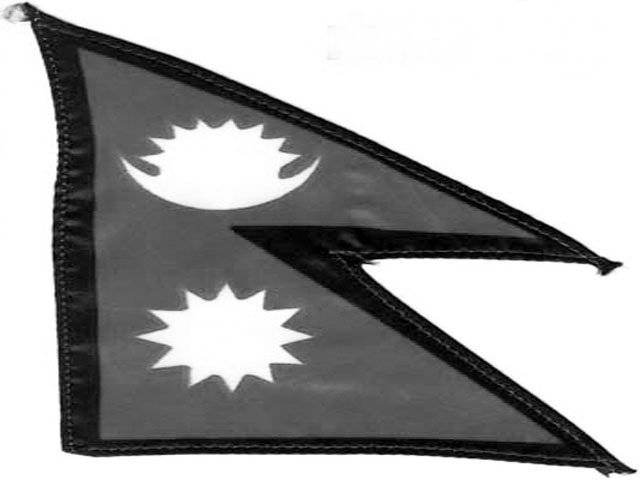KATHMANDU (AFP) - Nepalese MPs extended parliament's term for a fourth and final time Tuesday to allow the drafting of a new constitution in line with a peace accord brokered after the civil war ended in 2006. Lawmakers agreed to the six-month extension after a panel of leaders from four major political parties came up with a timeline to write the constitution and complete the troubled peace process. Formed in 2008 after Nepal ditched its monarchy, the current 601-member parliament, or Constituent Assembly, was given an initial two-year mandate to write a new constitution for the young republic. That mandate has already received three extensions due to the inability of rival political parties to reach a consensus on the new charter -- meant to pave the way for fresh elections and Nepal's post-war development. Maoist rebels fought the government in a bloody 10-year conflict, during which 16,000 people died, before turning to mainstream politics and winning elections in 2008. "Out of a total of 508 lawmakers present today, 505 voted for the extension of the parliament," Speaker Subash Chandra Nemwang told lawmakers. "Therefore I announce that the term of constituent assembly has been extended for six months." The previous extension was due to expire on Wednesday and the Supreme Court ruled last week that any further extension must be the last. If the assembly again fails to draft the constitution within the stipulated time it will be dissolved and a fresh election called, the court said. Earlier this month, Nepal's political parties signed a breakthrough deal allowing for the reintegration of thousands of Maoist rebel fighters who have been confined to camps since the end of hostilities. The Kathmandu-based European Union missions issued a joint statement with Norway and Switzerland saying the vote would "pave the way for free and fair elections and ensure lasting peace and stability in Nepal". "We stress the need for Nepal to live up to fundamental human rights, and the need for the proposed Truth and Reconciliation Commission to meet the standards of international law," the statement said. The Japanese Embassy called for continued efforts on all sides to bring "the historical peace process to a successful conclusion". But critics of the process were sceptical that the new deadline would be met, pointing to the failures of the past. "While the reintegration of former fighters is a good sign, the Maoists have failed to return captured land and property, which they pledged to do," political analyst Dhruba Simkhada told AFP. "If the constituent assembly fails... the country will be caught again in a cycle of violence and counter-violence."
Friday, April 19, 2024
Nepal extends parliament

8:27 AM | April 19, 2024
8:09 AM | April 19, 2024
Opposition objects to oath-taking of MNAs amid lawlessness
5:15 PM | April 19, 2024
Electioneering to end on Friday night ahead of by-polls in 21 constituencies
5:14 PM | April 19, 2024
Fawad Chaudhry granted bail in 14 cases related to May 9 violence
5:13 PM | April 19, 2024
British Army chief lauds Pakistan Army's professionalism, expertise
5:12 PM | April 19, 2024
Israeli aircraft fire missiles at Air Force assets in Iran: Report
3:52 PM | April 19, 2024
A Tense Neighbourhood
April 19, 2024
Dubai Underwater
April 19, 2024
X Debate Continues
April 19, 2024
Hepatitis Challenge
April 18, 2024
IMF Predictions
April 18, 2024
Kite tragedy
April 19, 2024
Discipline dilemma
April 19, 2024
Urgent plea
April 19, 2024
Justice denied
April 18, 2024
AI dilemmas unveiled
April 18, 2024
ePaper - Nawaiwaqt
Advertisement
Nawaiwaqt Group | Copyright © 2024





